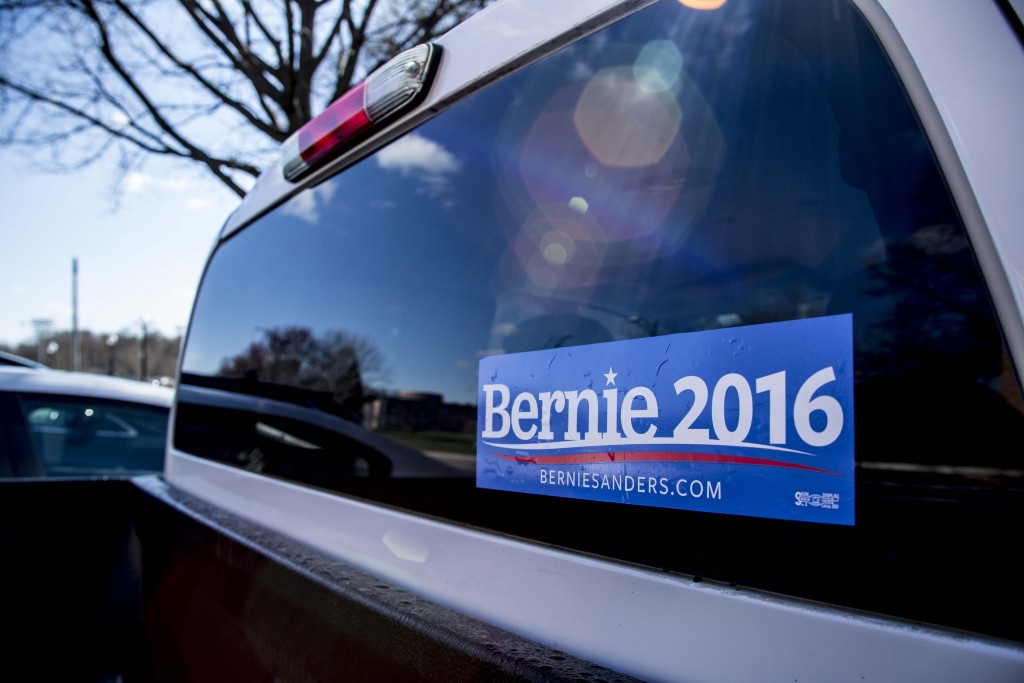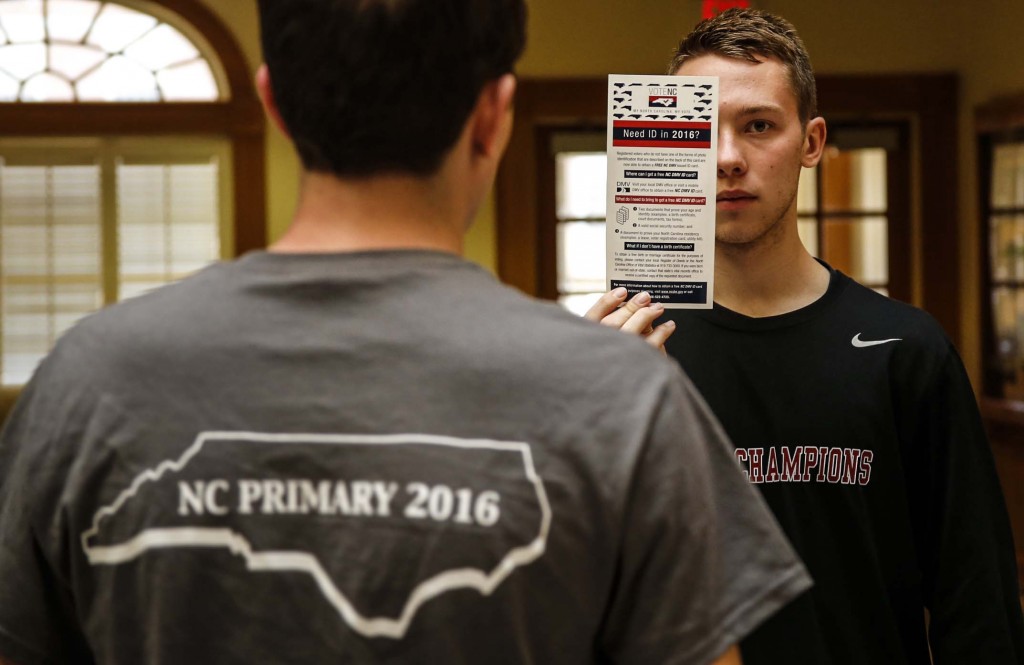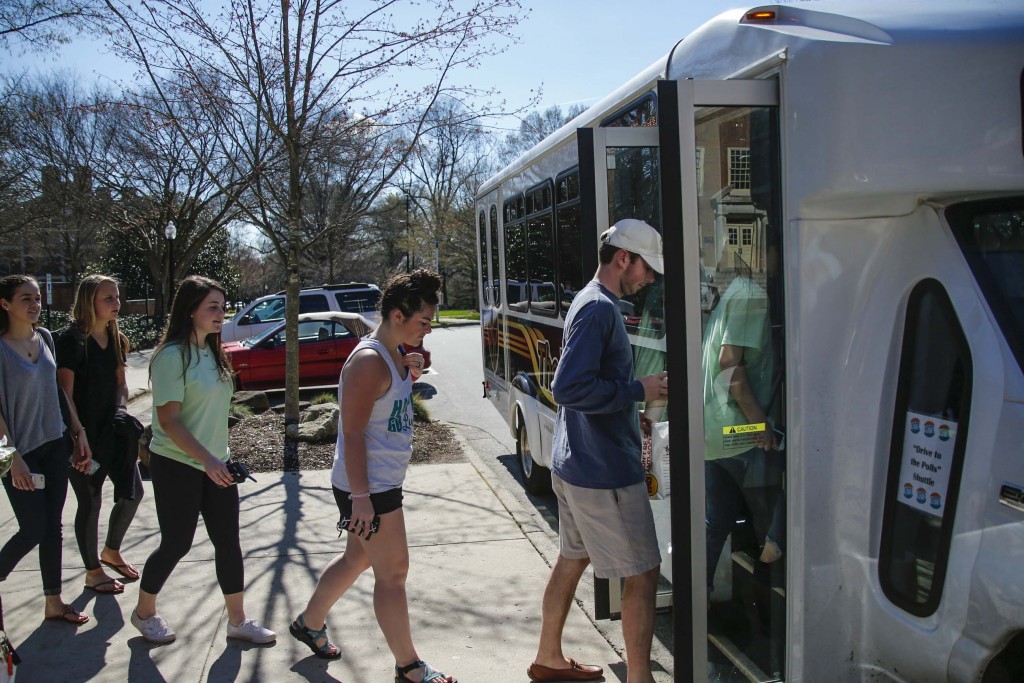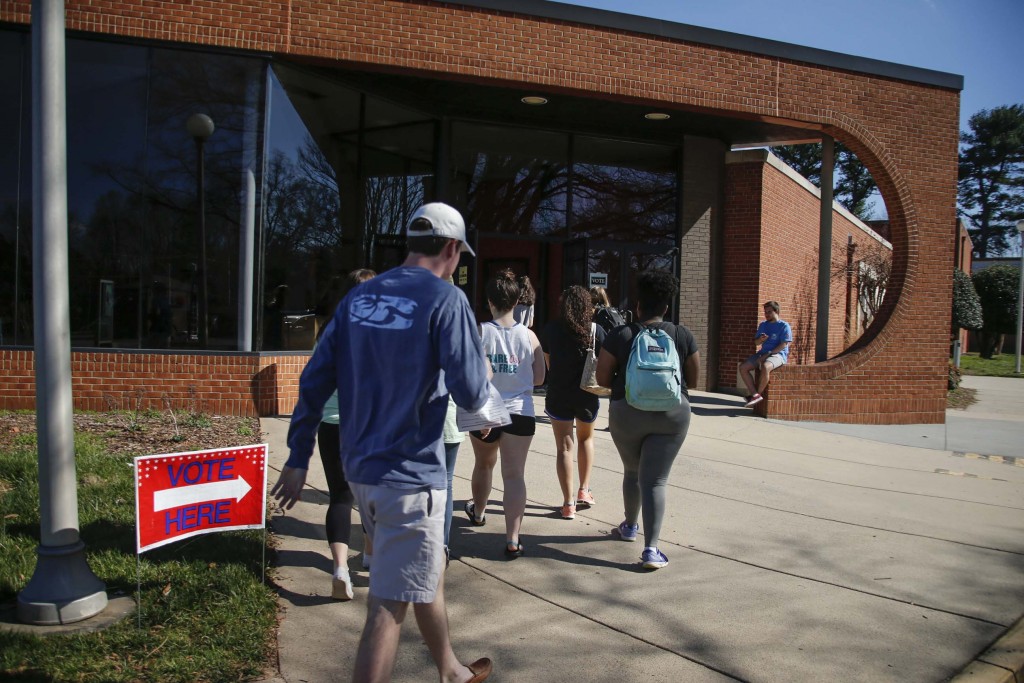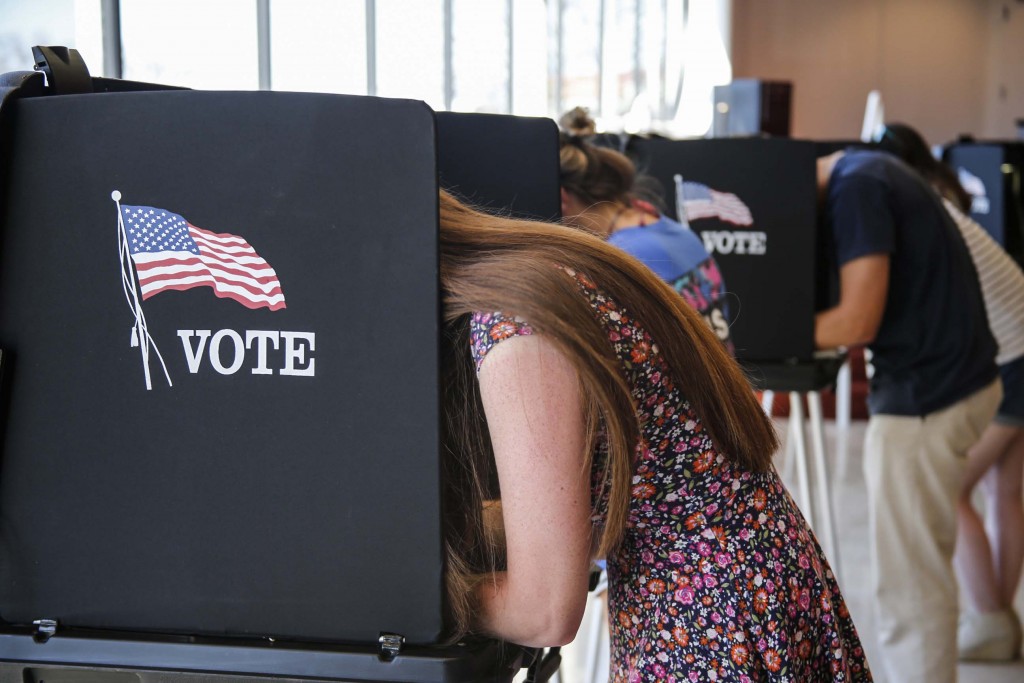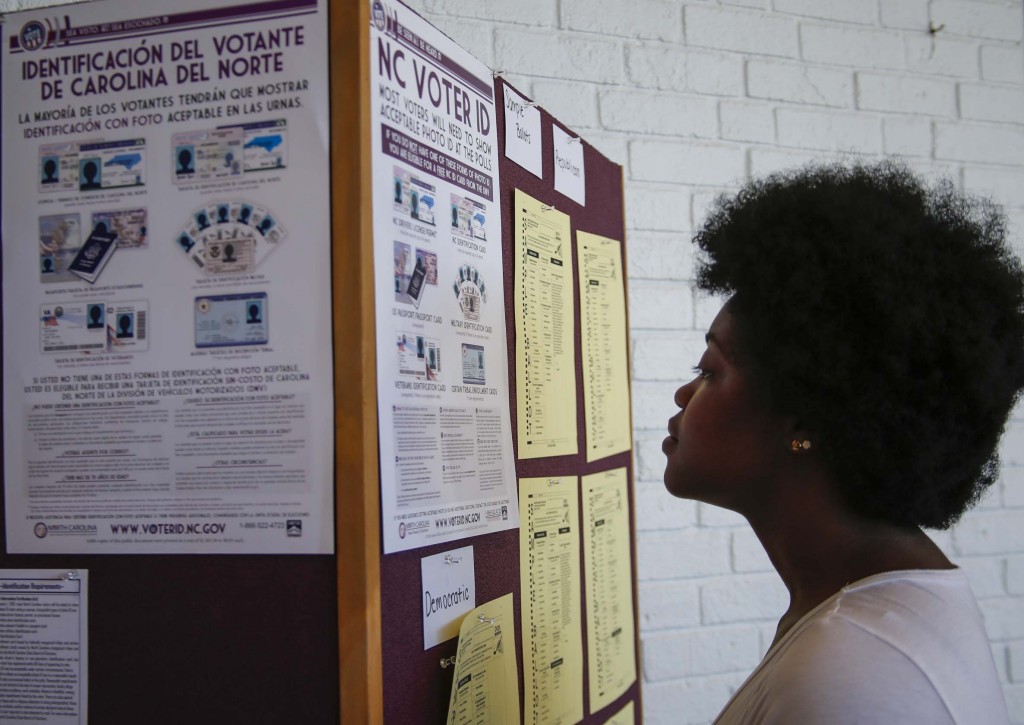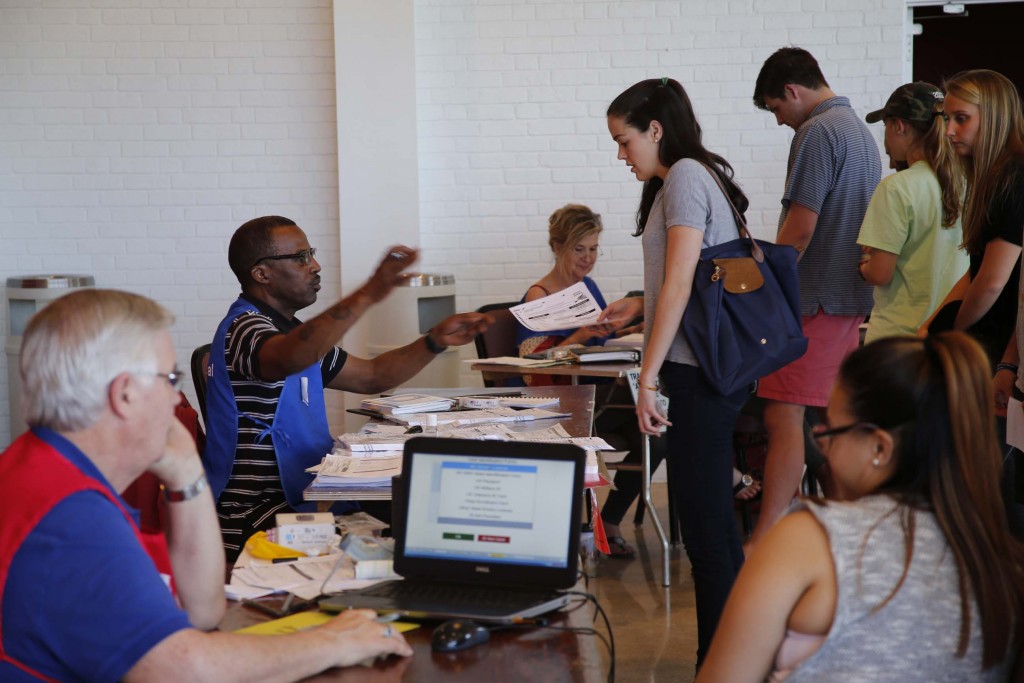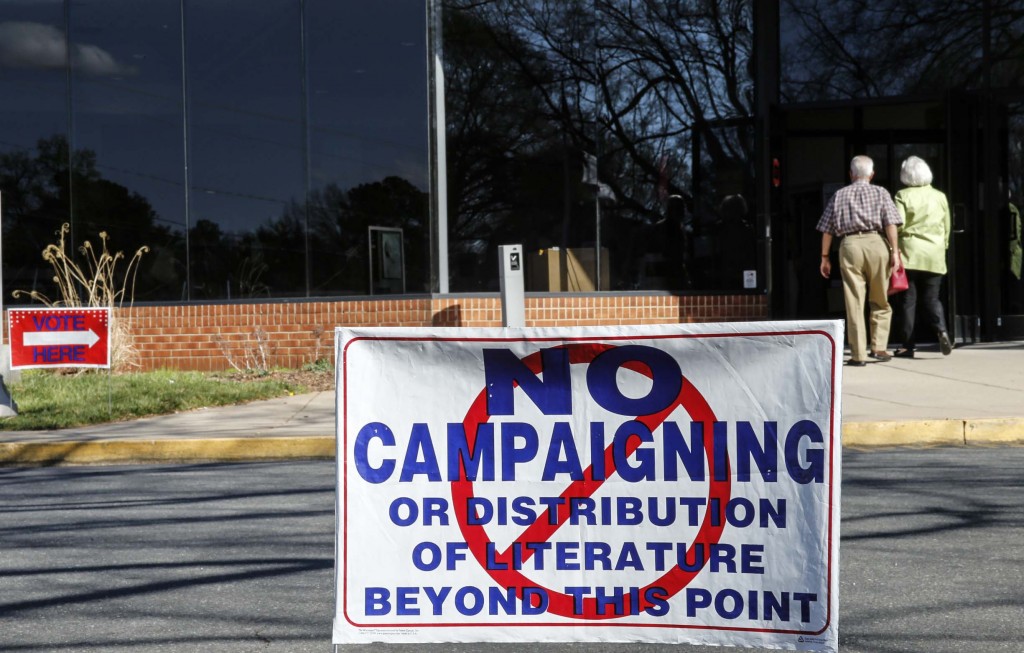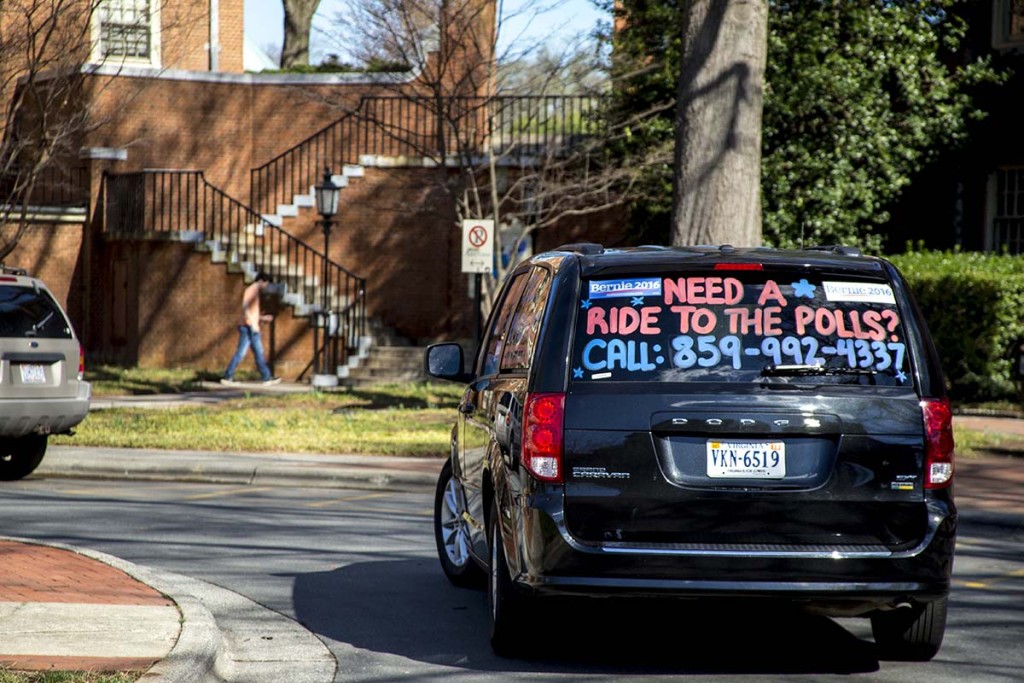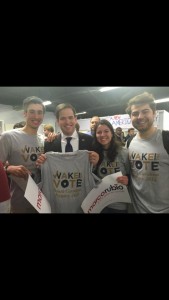Voter ID B Matter:
The photo ID requirement was set to go in effect for 2016 under a larger elections bill passed by the GOP-controlled state legislature in 2013. The new voter ID law in North Carolina says voters will need to show acceptable photo ID to vote in person at the polls.
Voters who are unable to obtain an acceptable photo ID due to a reasonable impediment may still vote a provisional ballot at the polls.
Examples of reasonable impediment include but are not limited to the lack of proper documents, family obligations, transportation problems, work schedule, illness or disability, among other reasonable impediments faced by the voter.
The ID provision along with other voting restrictions were challenged by civil rights groups in a federal court in Winston-Salem.
Those opposed to voter ID laws say low-income voters, seniors, students and those with disabilities can be disenfranchised by these policies, even if free IDs are provided, given the cost of taking time off work to go to the DMV or the challenges of tracking down missing birth certificates.
The state defends its law as necessary to prevent voter fraud and keep public confidence in the electoral process.
Democratic B Matter:
The Democratic race’s two front-runner candidates are Hillary Clinton and Bernie Sanders. Clinton was elected to the U.S. Senate in 2001 and later became the 67th U.S. secretary of state in 2009, serving until 2013.
Sanders started his political career as the mayor of Burlington Vermont in the early 80s and has served 16 years in the House of Representatives making him America’s longest-serving independent politician in Congress.
In the past primaries, Clinton has won in Iowa, Nevada, and South Carolina. On the other hand, Sanders has won New Hampshire.
After Super Tuesday, Clinton won Texas, Arkansas, Tennessee, Alabama, Georgia, Virginia and although Massachusetts was tight Clinton prevailed there for her 7th win. The other 4 states were taken by Bernie Sanders, as he won the caucus states of Colorado and Minnesota as well as Oklahoma and his home state of Vermont.
Republican B Matter:
For the Republican nominee, it is a three-person race between Donald Trump, Ted Cruz, and Marco Rubio.
Trump is best known for being a businessman and real estate mogul. Cruz worked as an attorney and served as an advisor on the 20000 presidential campaign of George W. Bush. In 2012 Cruz won election to the U.S. Senate in Texas. Rubio won a Florida seat in the U.S. Senate and is running as a Republican for presidency.
In the past primaries, Trump has won New Hampshire, South Carolina, and Nevada with Cruz winning in Iowa.
Donald Trump strengthened his status as Republican frontrunner on Super Tuesday, winning 7 of the night’s eleven contests.
Trump swept the Southeastern states of Alabama, Arkansas, Georgia and Tennessee, as well as New England (Massachusetts and Vermont) and Virginia. Ted Cruz won his home state of Texas, neighboring Oklahoma and Alaska. Marco Rubio got his first victory of the campaign, winning the Minnesota caucus.
.

